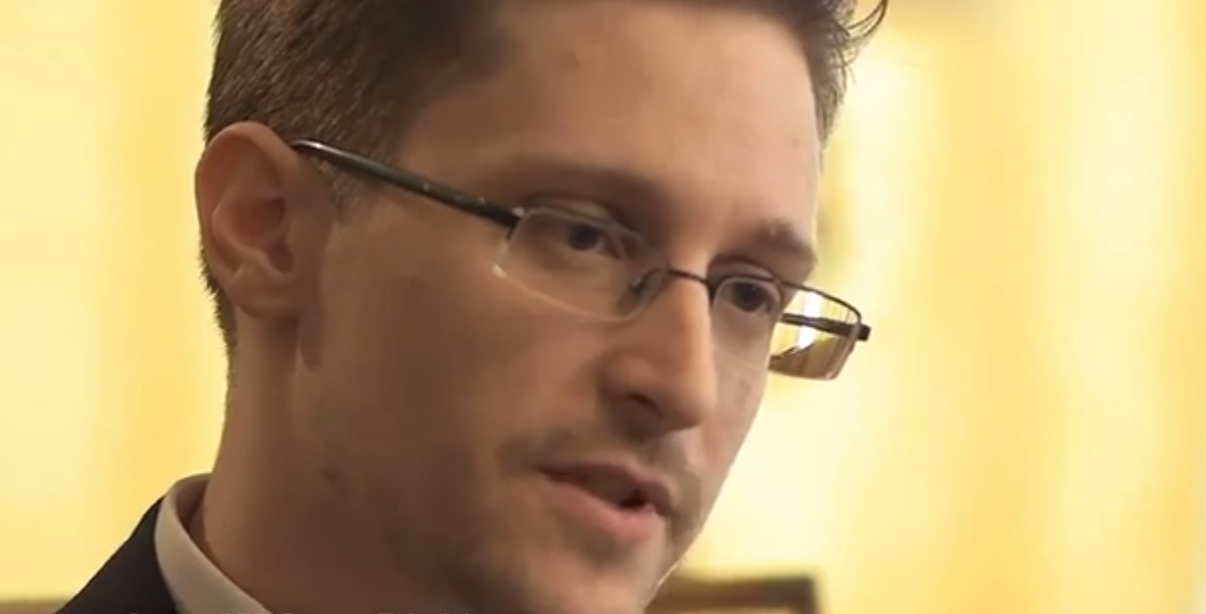It’s been almost a year since recent “Truth-Teller Prize” winner Edward Snowden dropped the bombshell that the National Security Agency was collecting the phone metadata of virtually every American. The whistleblower’s revelations sparked fierce debate over the limits of government and individual privacy.
Videos by Rare
Thanks to Vanity Fair we now know that Snowden, despite what his former government superiors have said publicly, claims he actually voiced his concerns to them numerous times before going public.
NSA Deputy Director Rick Ledgett, the head of internal investigation of Snowden, claimed that Snowden made no formal complaints about NSA policies. Snowden’s recent response to Ledgett, however, shows the opposite, and then some, might be true. Not only did he make complaints to NSA’s lawyers, but he also seemed confident enough in his email records to testify before Congress. He said:
The N.S.A. at this point not only knows I raised complaints, but that there is evidence that I made my concerns known to the N.S.A.’s lawyers, because I did some of it through e-mail. I directly challenge the N.S.A. to deny that I contacted N.S.A. oversight and compliance bodies directly via e-mail and that I specifically expressed concerns about their suspect interpretation of the law, and I welcome members of Congress to request a written answer to this question [from the N.S.A.].
Many have concluded that NSA data mining practices are unconstitutional, others have critiqued Edward Snowden for going public with NSA secrets rather than going to the government first.
NSA Deputy Director Rick Ledgett was one of the biggest complainants.
Ledgett defended NSA activities in the past when he said, “This is not NSA running off and doing its own things. President Madison would have been proud.” It was after this that he called Snowden “arrogant” and accused him of “[putting] people’s lives at risk … in the long run.”
Thomas Drake, a former NSA co-worker and current supporter of Snowden’s charged with espionage in 2010, gave this cogent rebuttal to Ledgett’s line of thinking shortly after the first leaks:
INTERVIEWER: What do you say to the argument, advanced by those with the opposite viewpoint to you, especially in the U.S. Congress and the White House, that Edward Snowden is a traitor who made a narcissistic decision that he personally had a right to decide what public information should be in the public domain?
DRAKE: That’s a government meme, a government cover—that’s a government story. The government is desperate to not deal with the actual exposures, the content of the disclosures. Because they do reveal a vast, systemic, institutionalized, industrial-scale Leviathan surveillance state that has clearly gone far beyond the original mandate to deal with terrorism—far beyond.
Snowden also noted that the defense of constitutional liberties is broad and bipartisan: “This post-terror generation rejects the idea that we have to burn down our village in order to save it—that the only way to defend the Constitution is to tear it up,” Snowden said.



